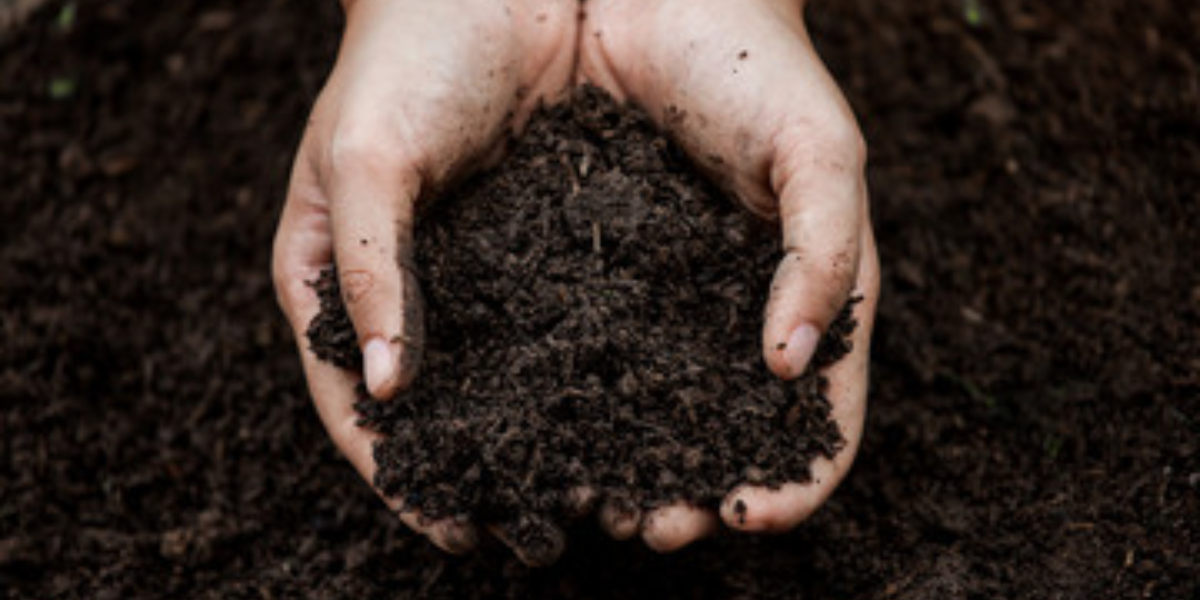New England residents can celebrate the beauty of the ground beneath our feet this week as part of International Compost Awareness Week 2023 (7-13 May 2023).
This initiative is a chance to reflect on the importance of composting in creating healthier soil and food.
This year’s theme, “For Healthier Soil, Healthier Food…Compost,” highlights composting as a sustainable source of fertiliser and a critical addition of soil organic matter for our gardens and crops.
Compost reduces waste significantly, lowers greenhouse gas emissions, protects biodiversity and improves soil health.
Healthy soils provide the essential nutrients and minerals that plants need to grow and thrive, supporting the growth of healthy crops full of nutrients and flavour.
Compost is an excellent source of organic matter, improving soil structure, increasing water-holding capacity, reducing erosion, and supporting beneficial microorganisms’ growth.
Importantly, it provides a slow-release source of nutrients to plants, which helps to reduce the need for chemical fertilizers and pesticides.
Through these mechanisms, composting helps to create healthier soils that support the growth of more nutritious food.
Composting also helps to protect biodiversity by providing a habitat for a range of microorganisms, insects, and other beneficial organisms.
By creating healthy soil ecosystems, composting supports the growth of diverse plant communities, providing habitats for wildlife.
Governments, communities, organizations, and individuals can all promote composting and support the growth of healthy soils and healthy food.
According to Jo Leoni from the Armidale Community Garden – a sub-group of Sustainable Living Armidale – composting is an activity everyone can do.
“One way everyone can help with composting is by collecting their food scraps, using the bags provided by the local council and adding them to the green waste bin,” says Jo.
“This way, even if someone doesn’t have land to compost on, they can still make a positive contribution by diverting their food waste from landfill.”
“A buried poly pipe system can work well for those with space in their backyard.
This composter involves placing a wide (lidded) pipe into the ground with several large holes drilled into it where it’s placed beneath the surface.
Worms can then enter the pipe to consume food scraps dropped into it.
“This method is perfect for those with a small garden who still want to compost their food scraps and improve their soil quality.”
Jo highlights the importance of involving local environmental groups, such as Landcare and Sustainable Living Armidale.
By joining these initiatives, New England residents can learn more about sustainable practices and ways to improve their local environment.
The Australian Organics Recycling Association (AORA), a member of the International Compost Alliance, is leading the charge in promoting composting and raising awareness about its benefits.
By reducing waste, reducing greenhouse gas emissions, protecting biodiversity, and improving soil health, composting is a crucial element of sustainable agriculture and a critical tool in our efforts to combat climate change.
Like what you’re reading? Support New England Times by making a small contribution today and help us keep delivering local news paywall-free. Support now


